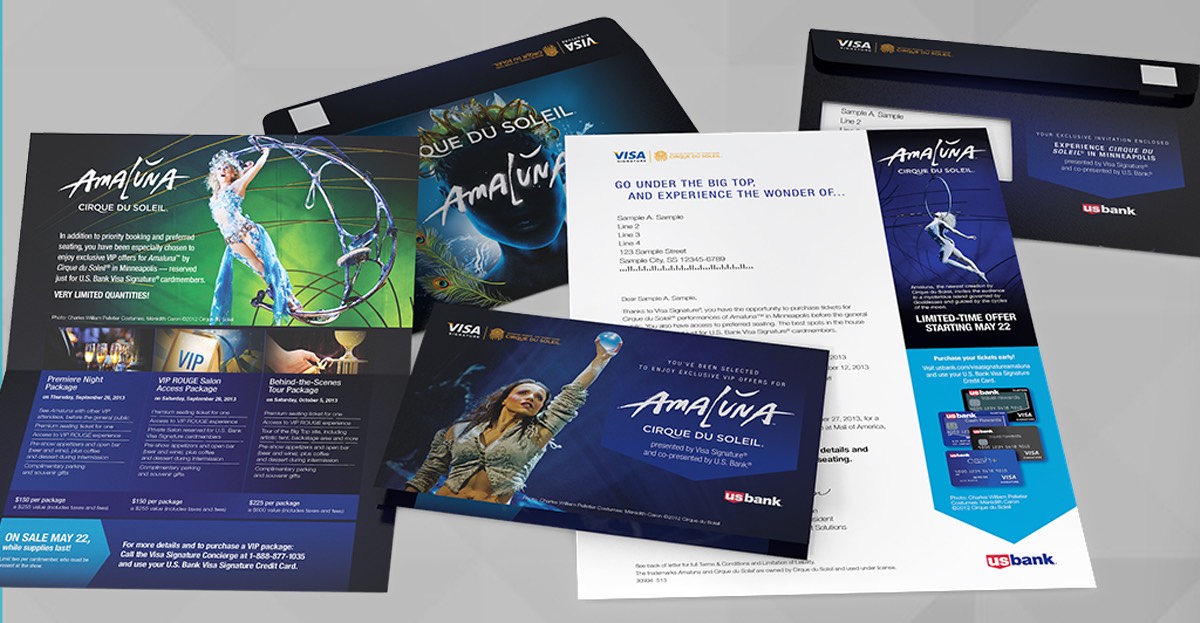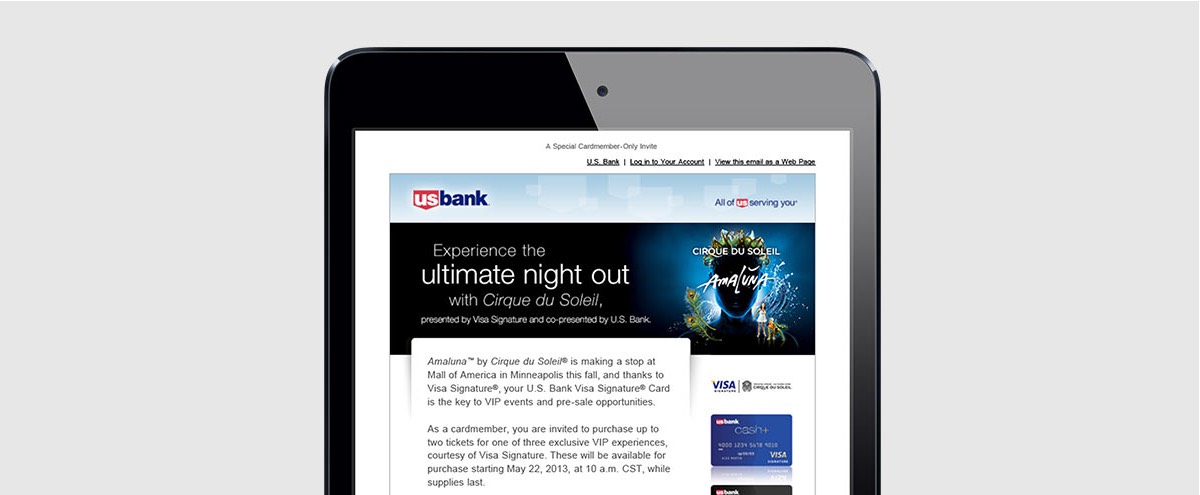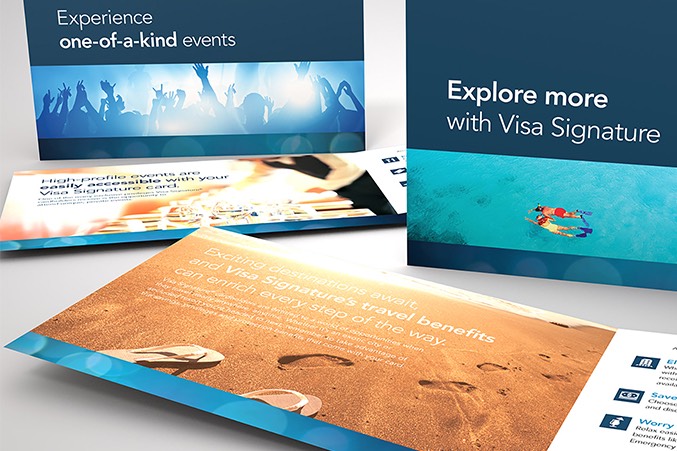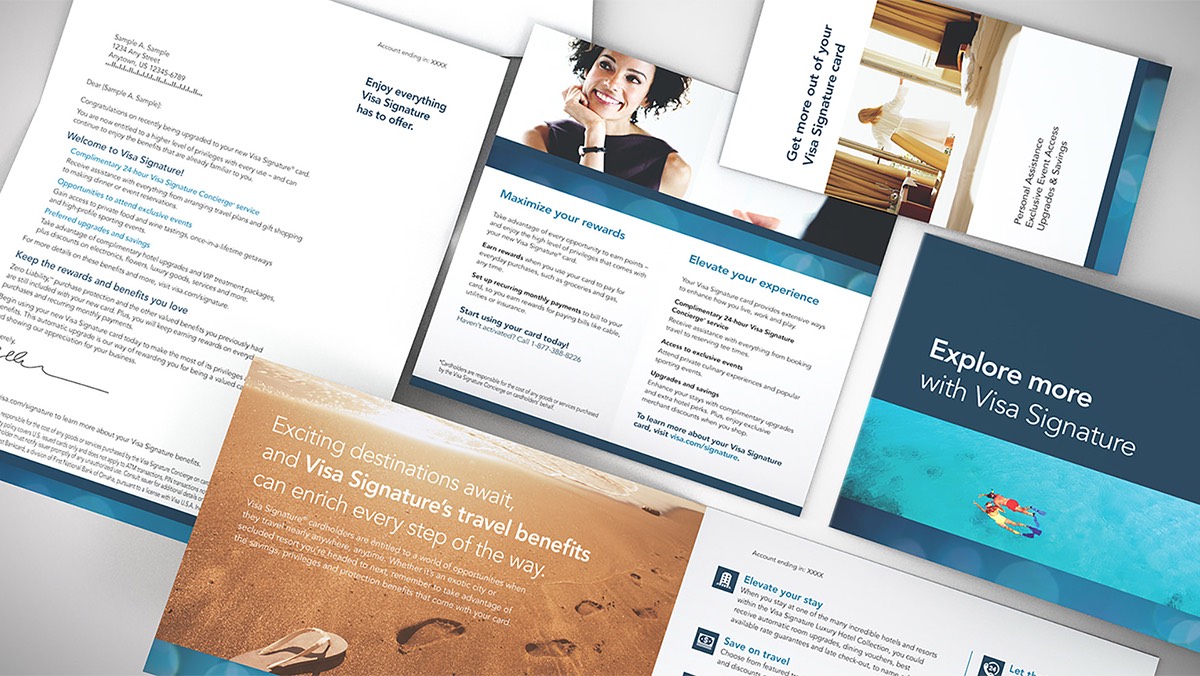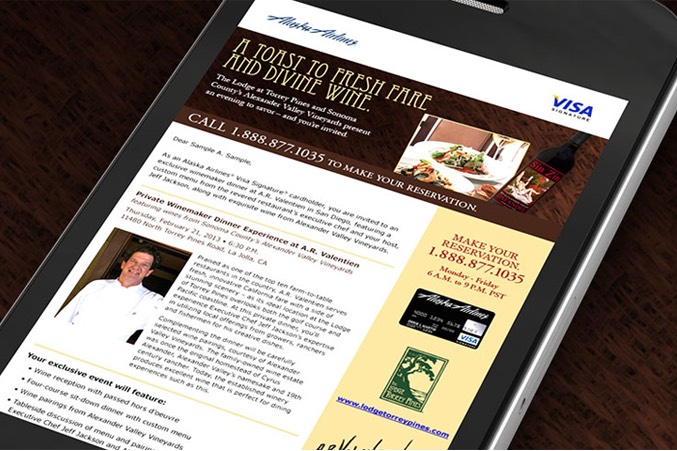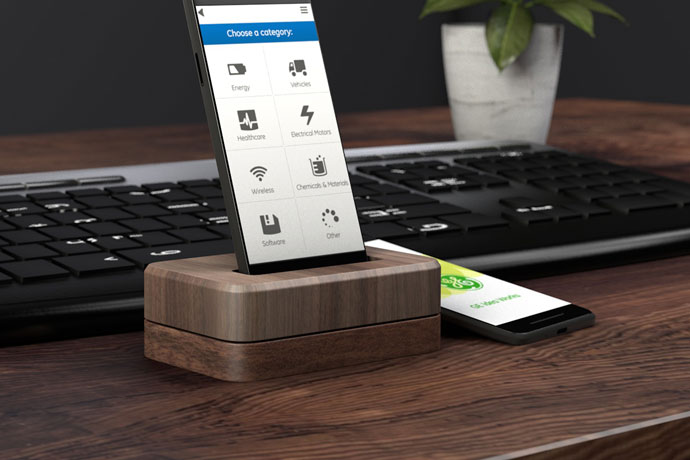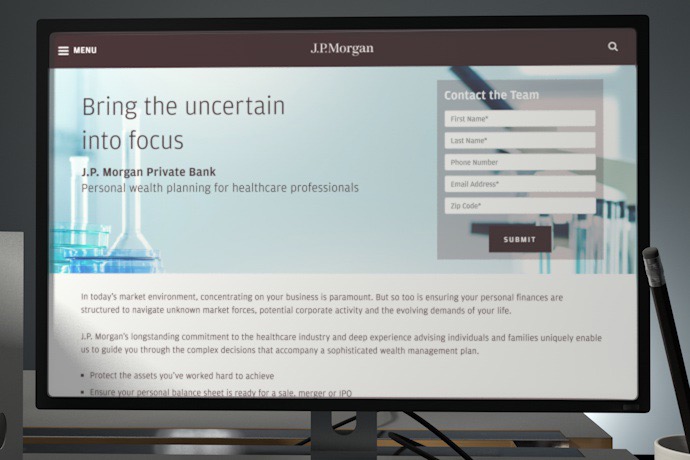The FinTok Revolution: Why Financial Service Marketers Can’t Afford to Ignore TikTok’s Financial Education Movement
Financial service marketers - brace yourself - there has been a shift in how consumers discover, evaluate, and act on financial advice. FinTok, TikTok's thriving financial education community, has emerged as a primary source of financial guidance, with Sprout social reporting 71% of Gen Z and 68% of Millennials reporting that social media positively impacts their financial decisions. This isn't just another social media trend; it's a democratization of financial advice that's reshaping how entire generations approach money management, creating both unprecedented opportunities and challenges for banks, credit unions, and financial technology companies.
